Advanced Diploma in Coaching and Mentoring
CPDUK Accredited | 50% OFF Certificate & Transcript
270 Students enrolled on this course 4 (3 Reviews)
 Last updated June 6, 2024
Last updated June 6, 2024
Course Curriculum
| Advanced Diploma in Coaching and Mentoring - Updated Version | |||
| Introduction to Coaching and Mentoring | 00:22:00 | ||
| Coaching and Mentoring Objectives and Processes | 00:28:00 | ||
| Ethical Aspects of Coaching and Mentoring | 00:31:00 | ||
| Coaching and Mentoring Models | 00:58:00 | ||
| Effective Communication Skills | 00:21:00 | ||
| Personal Skills | 00:21:00 | ||
| Management Skills | 00:20:00 | ||
| Functional Skills | 00:25:00 | ||
| Mock Exam | |||
| Mock Exam – Advanced Diploma in Coaching and Mentoring | 00:20:00 | ||
| Final Exam | |||
| Final Exam – Advanced Diploma in Coaching and Mentoring | 00:20:00 | ||
| Advanced Diploma in Coaching and Mentoring - Old Version | |||
| Life Coaching Basics | |||
| Introduction to Life Coaching | 00:30:00 | ||
| Life Calling Theory and Model | 00:30:00 | ||
| Additional Coaching Theories and Perspectives | 00:30:00 | ||
| Overview of the Life Coaching Process | 00:30:00 | ||
| Coaching Delivery Systems | 00:15:00 | ||
| Coaching Competencies & Activities | 01:00:00 | ||
| Coaching Documentation | 00:30:00 | ||
| Life Coaching | |||
| Definition of a Happy and Successful life | 00:30:00 | ||
| Self Improvement through motivation | 00:30:00 | ||
| Goal setting | 02:00:00 | ||
| The distinction between Goals and Values | 01:00:00 | ||
| 20 qualities for a successful life | 02:00:00 | ||
| Stress Managemen | 01:00:00 | ||
| Time Management | 01:00:00 | ||
| Challenging yourself to be motivated | 00:30:00 | ||
| Ways to Maximize your Potential | 02:00:00 | ||
| Overcome Obstacles Created by Your Self-Limiting Beliefs | 02:00:00 | ||
| Aspects of human behavior to succeed | 00:30:00 | ||
| Why motivation is important for a successful life | 00:30:00 | ||
| Role of Education in successful life | 01:00:00 | ||
| Social roles for a successful life | 02:00:00 | ||
| Maintaining work life balance | 00:30:00 | ||
| What make a person Unsuccessful? | 00:15:00 | ||
| Dealing with Life Challenges | 01:00:00 | ||
| Criteria for idealising successful people in the world | 02:00:00 | ||
| Factors behind importance of motivation in successful life | 00:30:00 | ||
| Mentoring Basics | |||
| Introduction – The Mentor-Protege Relationship | 00:30:00 | ||
| Benefits of a Protégé | 00:30:00 | ||
| Mentor Benefits of Having a Protege | 00:30:00 | ||
| Where to Look Mentor-Protégé Programs | 01:00:00 | ||
| Picking a Protégé | 00:45:00 | ||
| Communication | 00:45:00 | ||
| Working with a Protégé | 00:30:00 | ||
| The Exit Strategy | 00:30:00 | ||
| Running Multiples | 00:30:00 | ||
| Lather, Rinse, Repeat | 00:30:00 | ||
| Appendix: How to Be a Professional Altruist | 00:15:00 | ||
| Coaching and Mentoring | |||
| Module One – Getting Started | 00:30:00 | ||
| Module Two – Defining Coaching and Mentoring | 00:30:00 | ||
| Module Three – Setting Goals | 01:00:00 | ||
| Module Four – Understanding the Realities | 01:00:00 | ||
| Module Five – Developing Options | 01:00:00 | ||
| Module Six – Wrapping it All Up | 00:30:00 | ||
| Module Seven – The Importance of Trust | 01:00:00 | ||
| Module Eight – Providing Feedback | 00:30:00 | ||
| Module Nine – Overcoming Roadblocks | 01:00:00 | ||
| Module Ten – Reaching the End | 00:30:00 | ||
| Module Eleven – How Mentoring Differs from Coaching | 00:30:00 | ||
| Module Twelve – Wrapping it Up | 00:30:00 | ||
| Coaching and Mentoring Diploma – Activities | 00:00:00 | ||
| Assignment | |||
| Assignment – Advanced Diploma in Coaching and Mentoring | 1 week, 6 days | ||
| Order Your Certificate | |||
| Order your Certificate QLS | 00:00:00 | ||
| Develop marketing and sales strategies to attract and retain clients | |||
| How To Retain Clients Long Term | 00:05:00 | ||
| Your marketing game plan | 00:02:00 | ||
| Your sales approach | 00:05:00 | ||
| Financial aspects of a coaching business | |||
| Finances Overview | 00:01:00 | ||
| Sole tradership of limited company | 00:03:00 | ||
| Should you work with an accountant? | 00:01:00 | ||
| How much should you charge for your services | 00:03:00 | ||
Course Reviews
Frequently asked questions
Can’t find the anwser you’re looking for ? Reach out to customer support team.
Coaching and mentoring courses are educational programs designed to equip individuals with the skills, techniques, and knowledge required to effectively guide and support others in their personal and professional development. These courses typically cover areas such as communication, leadership, goal setting, feedback, and various coaching and mentoring models and frameworks.
To become a mentor and coach: Obtain Relevant Education: Enroll in coaching and mentoring courses or obtain a degree in psychology, counseling, or a related field. Gain Experience: Start by mentoring or coaching in informal settings to gain practical experience. Get Certified: Obtain certification from recognized bodies such as the International Coach Federation (ICF). Develop Skills: Continuously improve your communication, listening, and leadership skills. Build a Network: Join professional coaching and mentoring organizations to connect with other professionals. Establish a Practice: Create a business plan and set up your coaching and mentoring practice.
The best course for coaching depends on your specific goals and interests. Highly regarded courses include: Certified Professional Co-Active Coach (CPCC) by the Co-Active Training Institute. ICF Accredited Coaching Programs: Offered by various institutions, providing training that meets the standards of the International Coach Federation. Diploma in Coaching and Mentoring: Offered by many universities and professional bodies. Neuro-Linguistic Programming (NLP) Certification: For those interested in NLP techniques in coaching.
A Level 4 coaching and mentoring qualification is an advanced qualification that provides in-depth training in coaching and mentoring skills. It covers practical coaching techniques, advanced mentoring strategies, and the development of a reflective practice. This level is suitable for individuals who already have some experience and want to deepen their understanding and effectiveness in these roles.
A Level 5 coaching qualification is a higher-level professional certification that focuses on advanced coaching techniques, strategic coaching, and mentoring skills. It typically includes modules on leadership coaching, executive coaching, organizational behavior, and advanced communication skills. This level is ideal for experienced coaches looking to take on senior or specialized roles.
The 5 C's of coaching and mentoring are: Clarity: Setting clear goals and expectations. Communication: Maintaining open, honest, and effective communication. Commitment: Ensuring both parties are committed to the process. Consistency: Providing consistent support and feedback. Collaboration: Working together towards the mentee’s or coachee’s goals.
The top 3 coaching styles are: Directive Coaching: The coach provides specific advice and guidance, often used when the coachee needs clear direction. Non-Directive Coaching: The coach facilitates the coachee’s own problem-solving and decision-making processes through open-ended questions and active listening. Transformational Coaching: Focuses on deep personal growth and change, helping the coachee transform their mindset and behavior.
To choose a coaching course: Identify Your Goals: Determine what you want to achieve through the course. Research Providers: Look for accredited and reputable course providers. Check Curriculum: Ensure the course covers topics and skills relevant to your goals. Consider Format: Decide if you prefer online, in-person, or hybrid learning formats. Read Reviews: Look for testimonials or reviews from previous participants. Evaluate Cost: Consider the cost and see if it fits your budget.
Whether a mentor is better than a coach depends on the individual's needs: Mentoring: Typically involves a long-term relationship focused on overall personal and professional development, often with someone who has more experience in the mentee’s field. Coaching: Often shorter-term and goal-focused, providing specific support to achieve particular objectives or improve performance.
To take a course on becoming a mentor: Research Courses: Look for mentoring courses offered by universities, online platforms, and professional organizations. Enroll in a Program: Choose a course that fits your schedule and goals, such as Janets’ mentoring courses. Learn and Practice: Engage with the course content and apply the principles in practical settings. Get Certified: Complete any required assessments to obtain certification.
To get a coaching qualification: Choose a Program: Select a coaching course from an accredited provider. Enroll and Complete Training: Participate in the training sessions, complete assignments, and gain practical experience. Pass Assessments: Successfully complete any required exams or practical assessments. Obtain Certification: Receive your certification upon meeting all the course requirements.
A Level 3 mentoring qualification provides foundational knowledge and skills in mentoring. It covers basic mentoring techniques, communication skills, and the mentor-mentee relationship. It is suitable for individuals who are new to mentoring or who wish to formalize their experience with a recognized qualification.
There are no specific prerequisites for this course, nor are there any formal entry requirements. All you need is an internet connection, a good understanding of English and a passion for learning for this course.
For this course, you will have access to the course materials for 1 year only. This means you can review the content as often as you like within the year, even after you've completed the course. However, if you buy Lifetime Access for the course, you will be able to access the course for a lifetime.
We want you to have a positive learning experience. If you're not satisfied with the course, you can request a course transfer or refund within 14 days of the initial purchase.





 LOGIN/Sign up
LOGIN/Sign up
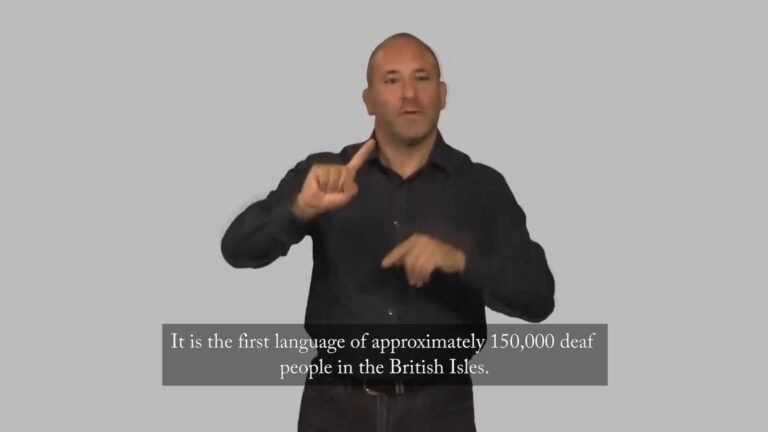

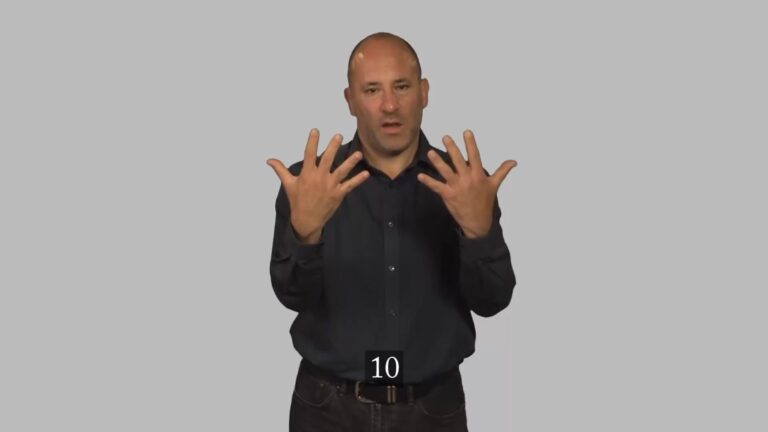
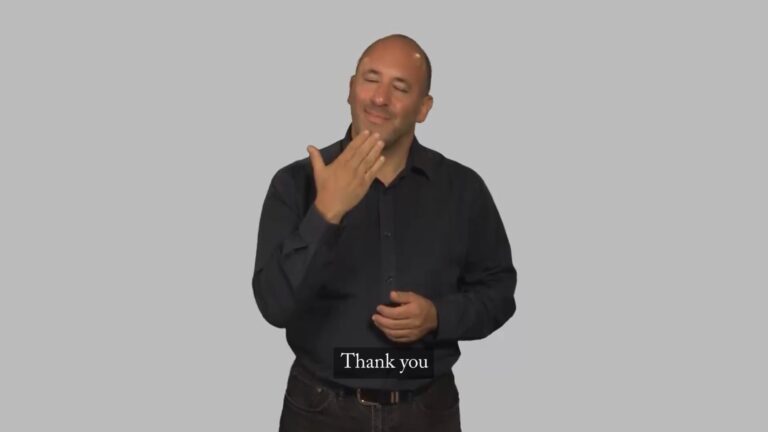
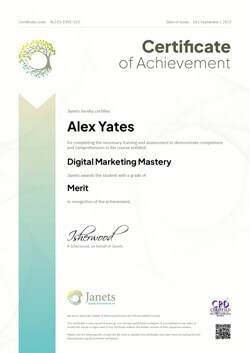



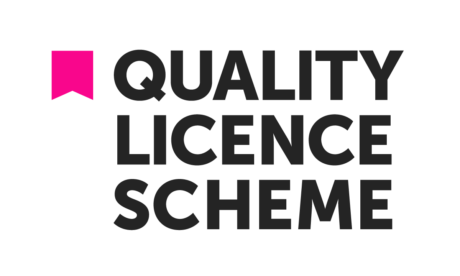

Level 4 Coaching and Mentoring
Very good course. I already knew a lot of this content as I am an instructor for military trainees. Good content. Highly recommend.
Review on the Advanced Diploma in Coaching and Mentoring
I am awarding 3 stars as the actual theory in the course was detailed and varied. However, the reason that I couldn’t award 5 stars was due to the exam at the end. It was so poorly worded, it was difficult to understand what was being asked of you. It was very frustrating after you have spent a lot of time studying.
Great course! I have learned a lot.
An area of improvement is to review the questions and make them clearer.
Provide more videos and reading materials for the students.